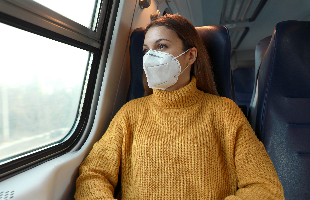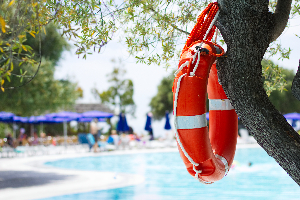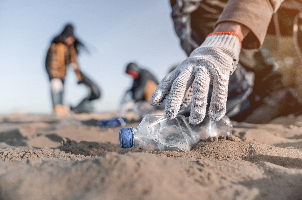It has always been important to keep travel safety in mind, but this is doubly so as a result of the pandemic. After such a long time spent in lockdown, many Americans are planning to travel. If you plan to travel soon, whether you’re traveling within California or leaving the state, then planning ahead will be essential.
Travel Safety Tips During the Pandemic
First and foremost, identify what the vaccination requirements are for the place you’re traveling to. Even if your destination doesn’t have any vaccination requirements, it’s a good idea to get vaccinated for COVID-19 either way. It’s also important to realize that COVID-19 isn’t the only vaccine requirement certain destinations have. You may also need the MMR vaccine before you travel.
Do not wait until the last minute to get any required vaccinations. Some vaccinations require multiple shots (such as the COVID-19 vaccine), while others need time for your body to build up immunity, such as the yellow fever vaccine (which you’ll need to get 10 days prior to your travel date).
In addition to getting all of the required vaccinations for your destination, the following are a few other travel safety tips:
- If you have any medical conditions and prescription medications that you take for those conditions, carry a physician’s letter that describes both with you.
- Write down essential personal medical information on a card (such as your conditions, blood type, and more) and carry this card everywhere you go.
- If you’re taking any prescribed medications with you, leave them in their original containers instead of transferring them to a pill case.
- Check with the embassy in the country you’re traveling to (if you’re leaving the states) to find out if your prescription medications are legal there.
- Bring masks with you. You will not be able to fly in the states without a mask, and many foreign countries still have mask requirements as well.
These are a few travel safety tips to keep in mind as you travel during the pandemic. For more information about traveling safety or about getting vaccinated, visit us at The Benefits Store today.
 The Benefits Store
The Benefits Store The Benefits Store
The Benefits Store 






Blog Home Page
Categories